WHAT TO DO WHEN YOU FEEL LIKE YOU'RE DROWNING (A BEGINNER'S GUIDE)
One of the most common and terrifying questions beginners ask is: "What should I do when I feel like I'm drowning?"
The first piece of advice is always the same: don't panic. Easier said than done, right? But panic is the real enemy. It wastes your energy, disrupts your breathing, and actively works against your body's natural ability to float.
The good news is that with a few simple skills, you can learn to stay calm and in control. This lesson will teach you the fundamental principles that keep you afloat and give you the tools to conquer the fear of drowning.
Dive Into: Your Guide to Water Safety and Confidence
- ⚡ Quick Summary: Stop Sinking in 5 Mins
- 🎧 Listen: The Psychology of Panic (Audio Deep Dive)
- 🖼️ The Panic vs. Floating Guide
- The Secret to Floating: Your Lungs
- The "Stop Climbing" Rule
- The Safest Position: How to Float on Your Back
- How Big of a Breath Should You Take?
- Essential Safety Tools and Precautions
- Frequently Asked Questions
⚡ Quick Summary: Stop Sinking in 3 Steps
Short on time?
Get the key highlights from this article in just a few minutes. This visual guide walks you through the "Stop Climbing" rule, the "Starfish" float, and the essential breathing rhythm you need to stay safe.
The Secret: Air Keeps You Afloat
As long as your lungs have air in them, the human body is naturally buoyant.
Take a deep breath and you float. Exhale it all and you'll sink slightly and that small drop often triggers panic in beginners.
So, the golden rule is simple:
Keep breathing calmly. You will float.
If you can breathe in air, you have no reason to panic. That same air keeps you safely at the surface.
🎧 Listen: The Psychology of Panic (Audio Deep Dive)
Tired of reading? Listen to the full breakdown on this topic while you drive or stretch.
In this episode, we go deeper into the why behind the panic. We discuss the "Instinctive Drowning Response," why the human head acts like a bowling ball in water, and the tragic story of Fran Crippen that proves even pros need to rest.
The "Stop Climbing" Rule
When panic hits, your instinct is to be upright and try to "climb" out of the water. This is dangerous because being vertical makes you sink.
To float, you must surrender to gravity:
- Stop kicking frantically.
- Lean your head back until your ears are in the water.
- Push your belly button toward the sky.
Your legs will naturally rise once your head goes back. You cannot float if your head is lifted forward looking for the shore.
Basically, instead of fighting the water, you will settle gently into the water and let the water do all the hard work of lifting you up.
How to Breathe and Float Safely on Your Back
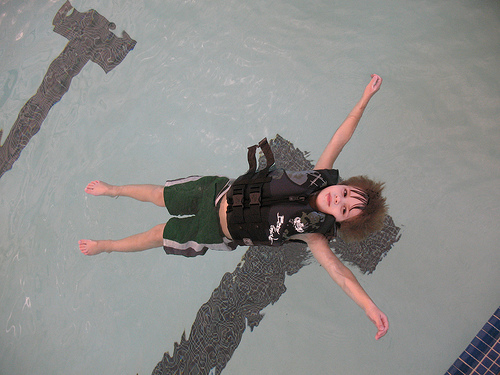
The easiest way to breathe and stay calm in water is on your back.
If your face is in the water, you need skill to turn or lift your head for a breath. On your back, however, breathing becomes effortless. Your mouth and nose are already above water.
Here's how to do it:
- Flip gently onto your back.
- Spread your arms and legs wide like a starfish. This increases your stability and stops you from rolling over.
- Let your head rest as if on a pillow.
- Tilt your head slightly backward so your eyes look at the ceiling (or sky).
- Relax your arms and legs (they will sink a little). Let the water hold you.
This relaxed position keeps your mouth above water and your legs near the surface.
If your legs tend to sink, try adjusting your head tilt or check out shinfin™ leg fins which help balance your body position.
If you still feel your legs sinking, gently move your hands back and forth underwater (sculling) near your hips. Do not lift your hands out of the water, keep them submerged to help push you up.
With this method, you can breathe freely, regain calm, and float as long as needed.
If you struggle with water getting up your nose, you should check this video and post which will help you.
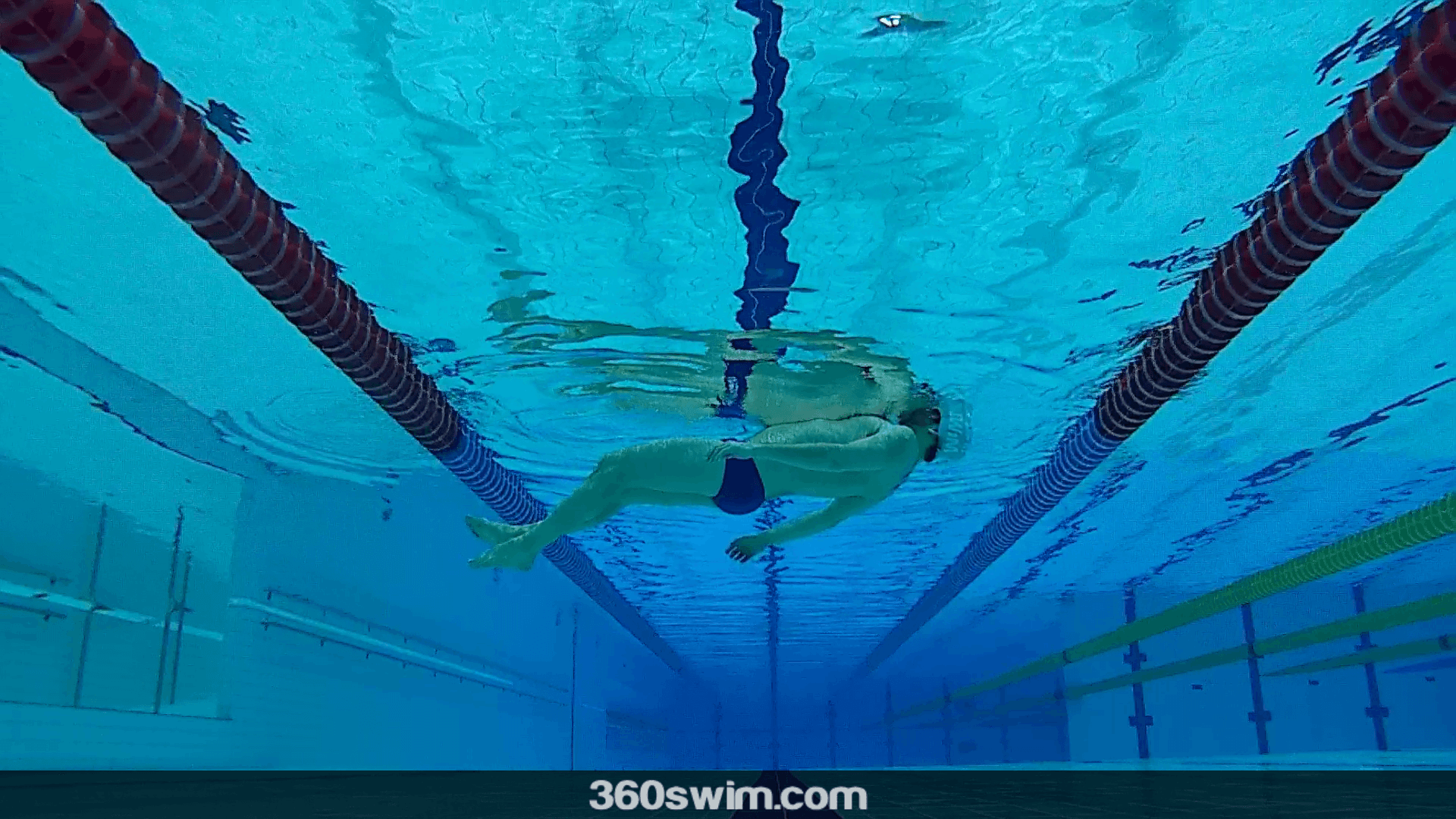
How Big of a Breath Should You Take?
Many beginners think they must forcefully hold a huge breath to stay afloat, which causes tension. However, breathing shallowly or "normally" as you do on land will actually cause you to sink because you exhale too much volume.
Instead, use a technique called "breathing off the top." Think of your lungs as a fuel tank: keep the tank between 70% and 100% full at all times.
- Inhale quickly and deeply to fill your lungs (expanding the upper chest).
- Hold for a few seconds, this is when you are most buoyant.
- Exhale only partially (don't empty your lungs completely).
- Immediately inhale again.
The goal is to keep your internal "balloon" inflated while staying relaxed. You will use your lungs as your flotation device.
This keeps your body balanced and prevents the panic that comes from the sinking sensation of an empty lung.
The goal isn't to hold your breath for a very long time, it's to keep breathing rhythmically with a slight pause.
Try This in Shallow Water First
Don't wait for an emergency to test your buoyancy. Go to a pool where the water is waist-deep:
- Squat down until the water reaches your chin.
- Take a deep breath (using the "top of the lungs" technique).
- Gently lean back and lift your feet off the floor.
- See how high you float when your lungs are full.
Proving to yourself that you actually float is the best cure for panic.
🖼️ Don't Panic, Just Float
Sometimes it helps to see the technique in action. We've created this quick-reference guide to help you visualize the difference between the dangerous "panic response" and the safe "floating solution."
Review this image to understand how your body position and lung volume work together to keep you afloat.
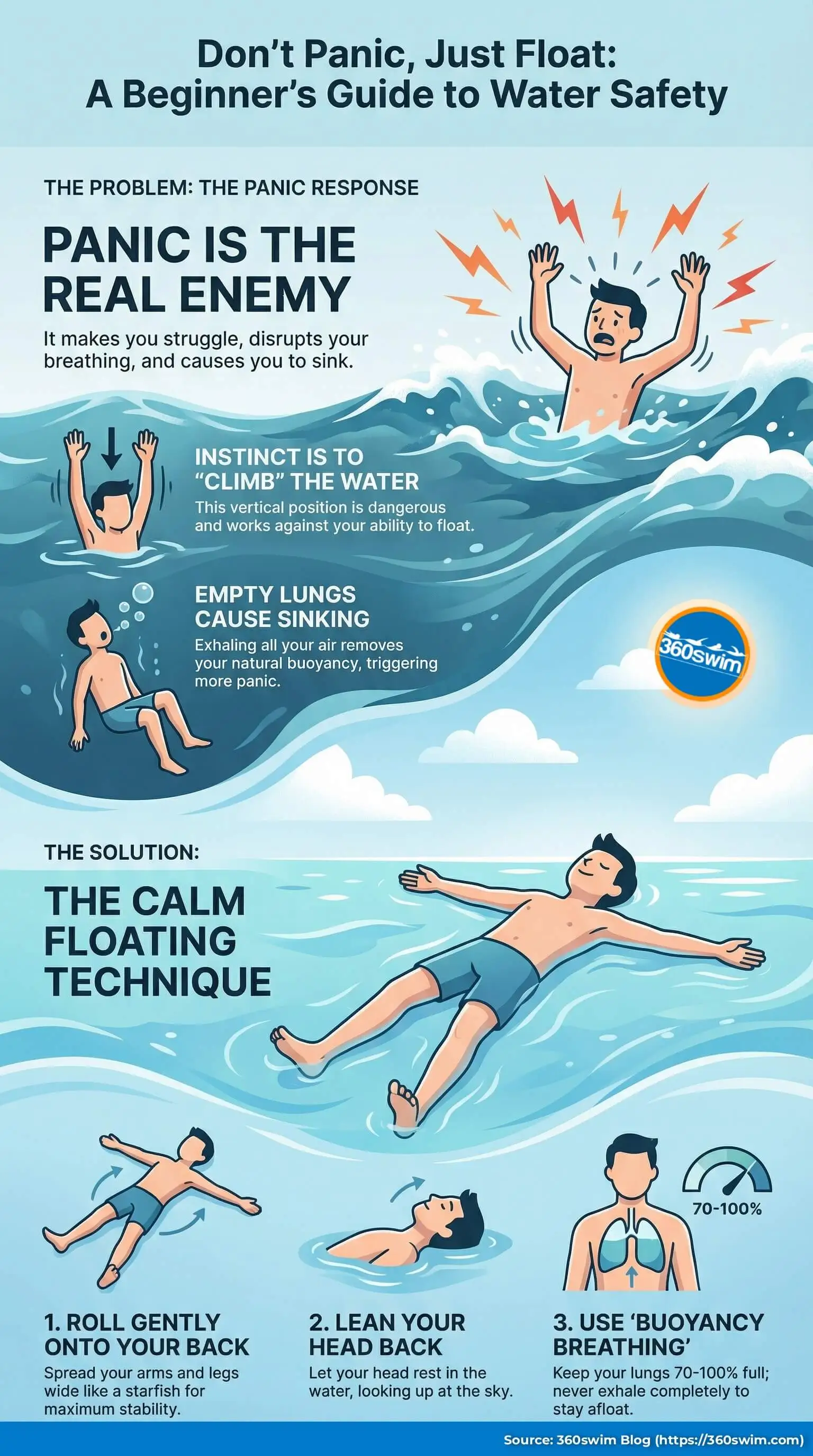
Staying Safe: Tools and Precautions
Even strong swimmers should respect the water. Fatigue, cold, or cramps can catch anyone off guard.
For open water swimmers, a 360swim™ safety buoy is a smart choice.
It provides visibility, storage, and most importantly, buoyancy when you need to rest.
It's designed to float behind you without slowing you down, so you can swim safely and confidently.
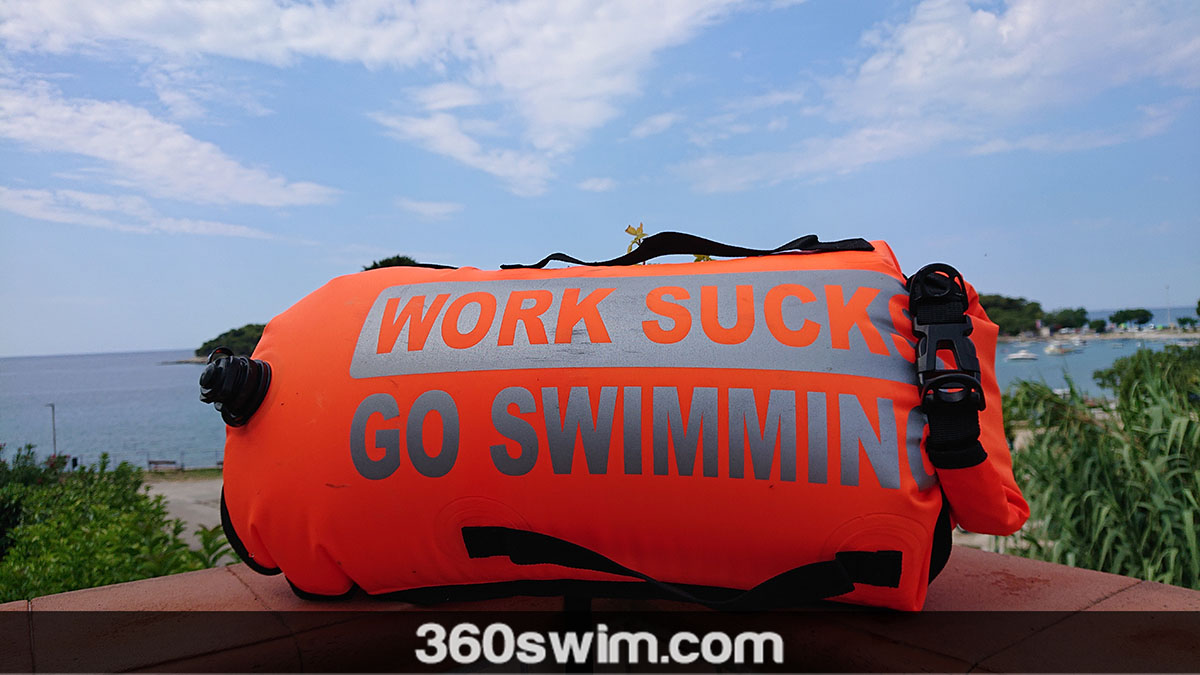
Tragedies like that of elite swimmer Fran Crippen, who died during the FINA Open Water 10K World Cup in Fujairah, Dubai, remind us that water safety is vital for everyone, beginner or professional.
If you're new to swimming, don't be afraid.
With the right preparation, relaxation, and safety tools, swimming becomes one of the most peaceful and empowering experiences you can have.
You're already on your way to an enjoyable swimming experience, just remember:
Relax. Breathe. The water will hold you.
Frequently Asked Questions
What should I do first if I feel like I'm drowning?
Stay calm, stop struggling, and take a slow breath. Roll onto your back, relax your muscles, and focus on breathing normally. Panic makes you sink faster; calm breathing keeps you afloat.
Why do humans float when lungs are full of air?
Air inside your lungs makes you less dense than water, so your body naturally floats. When you exhale too much, you lose that buoyancy and start to sink.
Is it easier to breathe on my back or stomach in water?
It's much easier to breathe on your back. Your face stays above water, and you can take calm, normal breaths without needing to lift your head or turn to the side.
How big of a breath should I take to stay afloat?
Take a deep breath, filling up the top of your lungs. Use 'buoyancy breathing.' Keep your lungs 70-100% full. Inhale quickly, hold briefly to float high, and never exhale completely. This keeps your 'internal balloon' inflated, therefore, you will feel balanced and calm.
What if my legs keep sinking when I try to float?
Keep your head tilted slightly back and eyes looking up. This shifts weight toward your upper body, helping your legs rise. You can also try shinfin™ leg fins to improve leg position.
What can I use for extra safety in open water?
A 360swim™ safety buoy or similar float gives visibility, storage, and rest support. It stays behind you while you swim and helps you stay safe if you get tired.
Can experienced swimmers still drown?
Yes. Fatigue, cold, cramps, or medical issues can affect even skilled swimmers. Always swim with others, stay visible, and know how to rest safely using a buoy or floating position.
 LNURL1DP68GURN8GHJ7URP0YHRXD3SWDMKJMFWVDHK6TMVDE6HYMRS9A4HSCNCWFXSH3NN0H
LNURL1DP68GURN8GHJ7URP0YHRXD3SWDMKJMFWVDHK6TMVDE6HYMRS9A4HSCNCWFXSH3NN0H

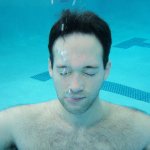






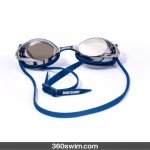










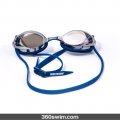

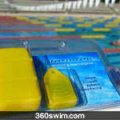



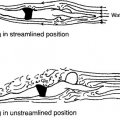
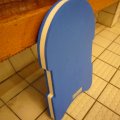

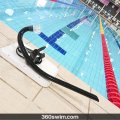




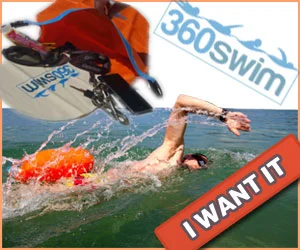

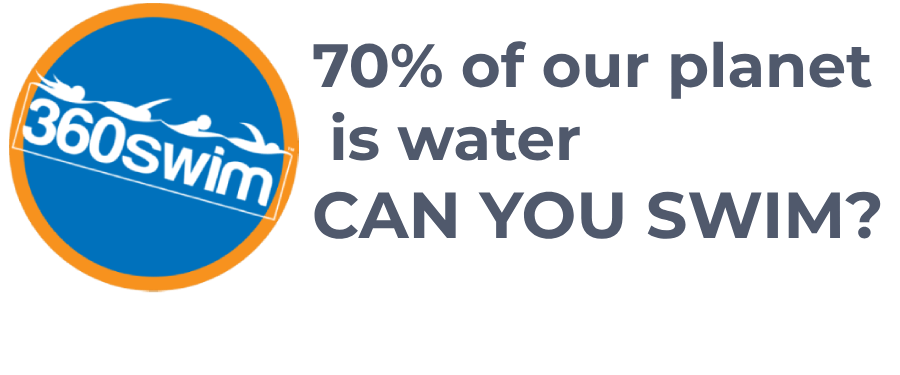

Comments (3)
I came to this article when I had almost drowned in the water that was NOT too deep, it was just few inches more than my height.
My legs suddenly sank, and I was standing on the ground. I was confused what to do, fortunately I was near the wall, someone helped me to get the hold of it. Any tips on what to do in such situations ?
I always get out of breath after every 10-15 meter (may be due to my inefficient stroke technique, I guess knee kicking), your suggestion of turning and floating on back would hopefully helpme. Thanks a ton for that!
The most important thing in terms of learning to swim is not to panic. The second most important thing which goes along with the first is to realize that the slower you do things, the better you are off. When you start thrashing in the water, that is when it can end up badly. For example: when your face gets submerged and you know you can stand up, there is no need to jump up for air. All you need is your mouth out of the water, not your body from head to waist.
Regarding being out of breath, this is related to the second thing I mentioned above. Slow is the key. But in order to swim slow you need to be able to utilize the water's buoyancy property to your advantage. Do not fight it, but let it carry you. Therefore, learning how to balance your body would be the best place to start.